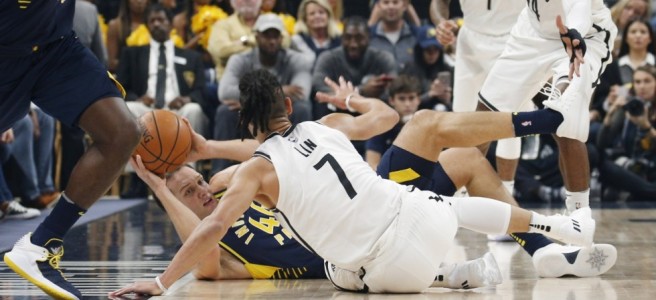I watched through the entire Westworld series twice. Once a few months ago, and then again on an international flight. The fact that I am writing a blog post about this series shows the impact this show had on me and my thinking about life and the human condition.
Lowest Common Denominator
The one line that summed up the series for me was when Billy tells Dolores that the park doesn’t bring out the worst in people (murder, sex, anything done in excess). Rather, it the park shows you who you really are. For Billy, it meant feeling alive since his real life in the regular world lacked meaning and purpose. This made me wonder: if humans do indeed get the freedom to experience any pleasure or vice without the consequences, would they resort to mass murder and infidelity or would something greater come from this freedom?
Perhaps when there are no restrictions, more great works of art are produced, greater communities are forged, or new technologies are borne faster than they would otherwise. On a personal level, you might find your true calling in life and pursue your dreams since money will probably lose its significance.
My hunch is that left to our own devices, we would not commit murder and live hedonistic lives contrary to what the park is meant to encourage. The reason I believe this is because we have thousands of years of human history to prove it. Neanderthals and the original sapiens had the freedom to kill and mate but after awhile rules and social norms developed to prevent this behavior. Assuming that you are not in the park alone and there will be other “humans” around, there would be new social norms established between humans and the robots that would prevent such extreme behavior from occurring.
Finding Purpose
When Billy said this line, the first thing I thought about is the current world we live in with all the rules, red tape, and social norms preventing you from living a life of purpose.
The reason I think we cannot live a life of purpose is because we care about what people think and feel.
In the park, you have this general freedom to explore and do whatever you want because you know the robots don’t feel and no one is judging you. Nevertheless, there is the theme that the board and shareholders care about the data collected from the park which most likely includes the data about the guests and their actions. This theme is not too dissimilar from how most corporations act today, so given this fact guests would probably be hesitant to truly live out their deepest desires in the park.
But lets ignore this concept for now and think about why you would wouldn’t feel hindered from doing whatever you want in the park. The robots won’t judge you, and for the most part will not remember any wrongdoings you made in the past. In the real world, our reputations matter, and this social construct prevents us from living a life we want to live because we care about what people think, and in most cases need people to think and judge us to get into the right schools, clubs, and social circles.
The question is, can you live a life of purpose where you do not require other people? For most “career paths,” I think the answer is no.
To bring this back to our world, I would argue this analogy: Westworld’s park is like our regular lives, and Westworld’s “real world” is like our corporate lives. I think most people who work in the white-collar knowledge industry are working for brands and corporations where our identity is professional and polished. Your sexual desires and personal wishes are generally not brought into the workplace and you are–for the most part–sucking on the teat of a corporation to make a living. Cross over to your regular life, and you put down your guard a bit and you become your true self with your friends and family. Sometimes there is crossover between the two, but how awkward is it when you see a co-worker for the first time outside of the workplace? I think this is similar to how the robots in Westworld feel when they learn about the real world outside of the park.
I’ve been thinking more about purpose and meaning lately, as I think about my own career path and those around me. I wonder why people don’t follow their true calling in life or why they hide their passions and hobbies to only be enjoyed on the weekends or after work.




